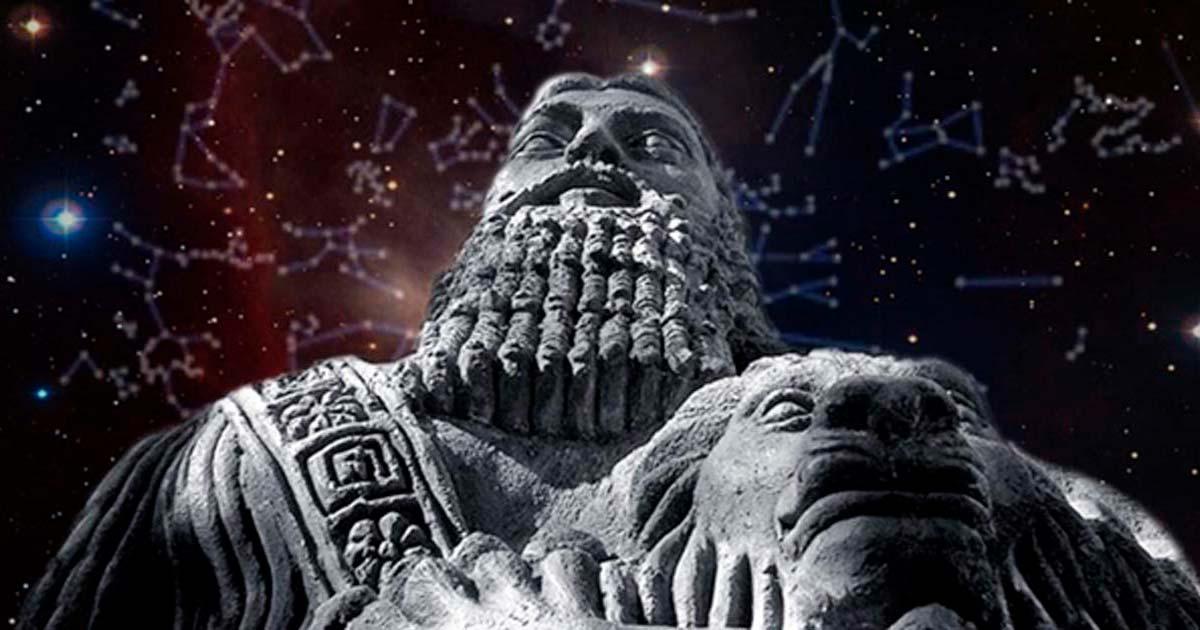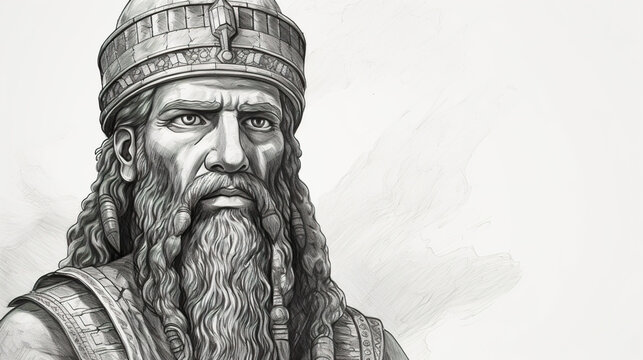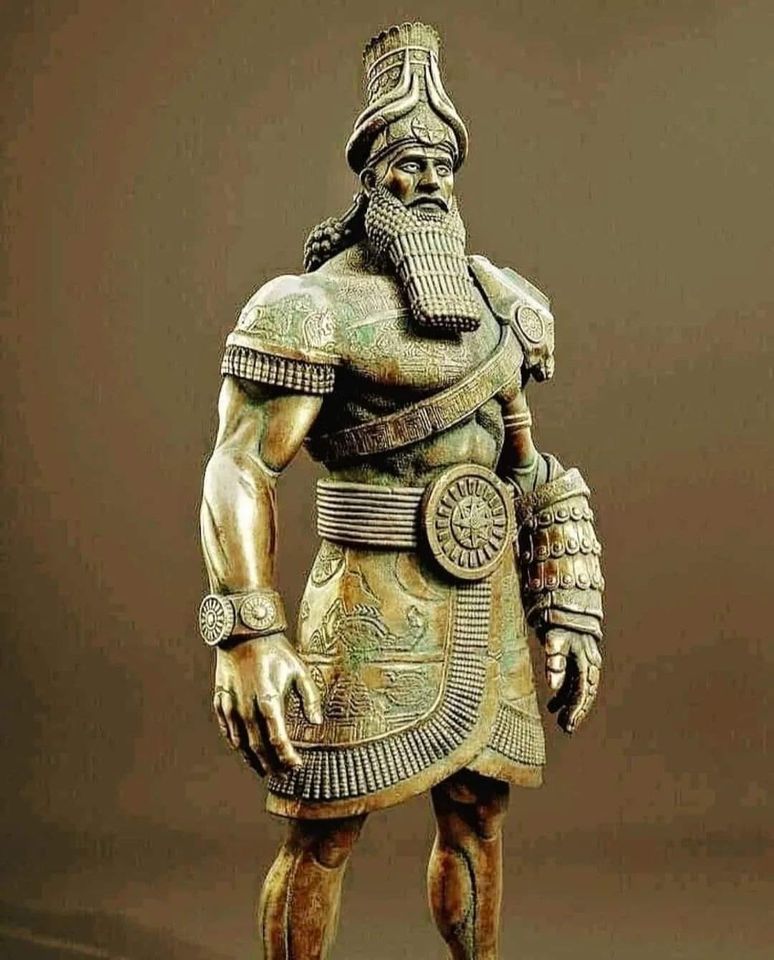Introduction
As we go about our daily lives, glancing at our watches or checking the time on our phones, we rarely pause to consider the origins of the system we use to structure and measure time. Yet the familiar divisions of hours, minutes, and seconds that govern our schedules can be traced back thousands of years to the ancient civilization of Sumer.
The Sumerian people, who flourished in Mesopotamia between 4500-1900 BCE, were true pioneers in the field of timekeeping. Driven by their deep fascination with the movements of the heavens, these ancient innovators developed a sophisticated system of time measurement that has endured and influenced cultures across the globe for over 5,000 years.
In this blog post, we’ll explore the remarkable story behind the Sumerian invention of our modern timekeeping system. We’ll delve into the reasons why they chose the unique base-60, or sexagesimal, system that continues to shape the way we tell time today. Along the way, we’ll uncover the fascinating astronomical observations and mathematical insights that underpinned the Sumerians’ revolutionary approach to chronicling the passage of time.
The Sumerian Fascination with the Heavens
The Sumerian civilization emerged in the southern region of ancient Mesopotamia, a fertile land nestled between the Tigris and Euphrates rivers. This region, often referred to as the “Cradle of Civilization,” provided the ideal conditions for the development of early human societies and their technological advancements.
At the heart of Sumerian culture was a deep reverence for the celestial bodies that dominated their sky. The Sumerians were avid stargazers, meticulously observing the movements of the sun, moon, planets, and stars. They believed that these heavenly bodies held profound significance, serving as a direct link between the earthly realm and the divine.

This celestial fascination manifested in the Sumerians’ religious beliefs, with the sun, moon, and other celestial entities becoming the focal points of their pantheon of gods and goddesses. The Sumerians erected grand temples, known as ziggurats, which were designed to align with the movements of the heavenly bodies, allowing them to better track and understand the cycles of the cosmos.
The Birth of the Sexagesimal System
As the Sumerians continued to observe and study the sky, they recognized the need for a more sophisticated system of timekeeping. The traditional lunar calendars used by many ancient civilizations were simply not precise enough to accurately capture the complex patterns of the heavens.
Inspired by their intimate knowledge of the celestial realm, the Sumerian innovators set out to develop a new system of time measurement that would better reflect the rhythms of the universe. They chose to base this system on the number 60, a decision that would have far-reaching implications.
The choice of 60 as the foundational unit of the Sumerian timekeeping system was not arbitrary. The number 60 was particularly well-suited for their purposes for several reasons:
- Divisibility: The number 60 can be divided evenly by a wide range of other numbers, including 1, 2, 3, 4, 5, 6, 10, 12, 15, 20, and 30. This made 60 an ideal base for a system of time measurement, as it allowed for easy subdivision and calculation.
- Astronomical Observations: The Sumerians believed that there were 360 days in a year, a number that 60 fits neatly into six times. This alignment with their understanding of the solar year further reinforced the suitability of the sexagesimal system.
- Ease of Recordkeeping: The base-60 system made it easier for the Sumerians to keep accurate records of time and astronomical observations, as the number 60 could be easily divided and manipulated using their cuneiform writing system.
With the sexagesimal system in place, the Sumerians began to divide the day into 24 hours, each hour into 60 minutes, and each minute into 60 seconds. This innovative approach to timekeeping allowed them to track the movements of the sun, moon, and stars with unprecedented precision, revolutionizing their understanding of the celestial realm.
The Enduring Influence of Sumerian Timekeeping
The Sumerian Empire may have ultimately fallen, but their revolutionary timekeeping system has endured and influenced cultures across the globe for over 5,000 years. Even today, we continue to use the Sumerian’s base-60 system to structure our days, weeks, and years.

The reasons for the longevity and widespread adoption of the Sumerian timekeeping system are manifold:
- Mathematical Elegance: The sexagesimal system’s divisibility and ease of calculation made it a practical and efficient choice for tracking time. Its mathematical elegance has stood the test of time, remaining a useful and intuitive system for modern societies.
- Astronomical Accuracy: The Sumerian system’s alignment with their understanding of the solar year and other celestial cycles has ensured its continued relevance and accuracy in measuring the passage of time.
- Cultural Diffusion: As the Sumerian civilization interacted with and influenced neighboring cultures, their timekeeping system spread throughout the ancient world. The Babylonians, Greeks, and Romans all adopted and built upon the Sumerian’s base-60 system, further cementing its global influence.
- Technological Continuity: The widespread use of the Sumerian timekeeping system has allowed for the development of increasingly sophisticated technologies, from mechanical clocks to digital timekeeping devices, all of which rely on the familiar divisions of hours, minutes, and seconds.
Today, the legacy of the Sumerian innovators who first looked to the heavens to measure the passage of time continues to shape our daily lives. Every time we glance at a clock or calendar, we are witnessing the enduring impact of an ancient civilization’s profound fascination with the cosmos.
The Lasting Impact of Sumerian Timekeeping
The Sumerian invention of the sexagesimal system of timekeeping is a testament to the power of human ingenuity and the transformative potential of scientific observation. By meticulously studying the movements of the celestial bodies, these ancient innovators were able to develop a system of time measurement that has stood the test of millennia.

The Sumerians’ commitment to understanding the rhythms of the universe has had a lasting impact on our modern world, influencing everything from the way we structure our daily schedules to the design of our most advanced technological devices. Their innovative approach to timekeeping has become so deeply ingrained in our collective consciousness that we often take it for granted, failing to appreciate the remarkable story behind its origins.
As we continue to explore the mysteries of the cosmos and push the boundaries of our scientific understanding, it is important to remember the contributions of those who came before us. The Sumerian innovators who first looked to the heavens and divided time into 60-second minutes and 24-hour days have left an indelible mark on human civilization, a legacy that will endure long into the future.
Conclusion
In the grand scheme of human history, the Sumerian civilization may have been relatively short-lived, but their invention of the sexagesimal system of timekeeping has had a profound and lasting impact on the world. By harnessing their deep fascination with the celestial realm, these ancient innovators were able to develop a system of time measurement that has remained a fundamental part of our daily lives for over 5,000 years.
As we continue to rely on the familiar divisions of hours, minutes, and seconds to structure our days, we would do well to remember the remarkable story behind their origins. The Sumerians’ commitment to understanding the rhythms of the universe has left an enduring legacy, one that continues to shape our modern world and inspire us to reach for the stars.



